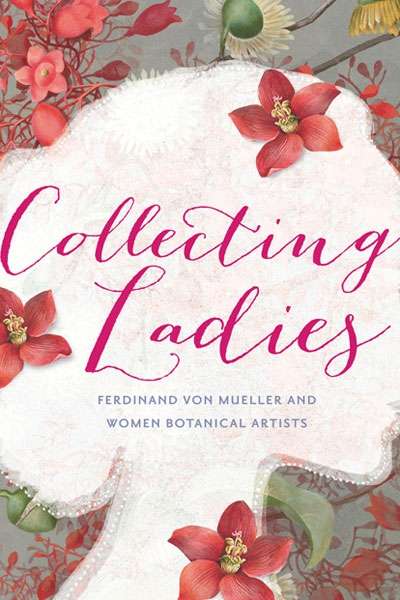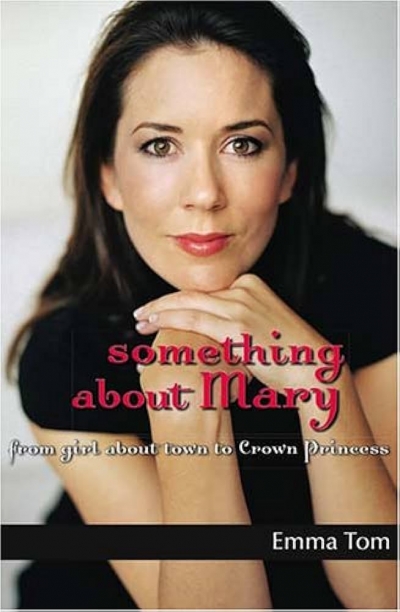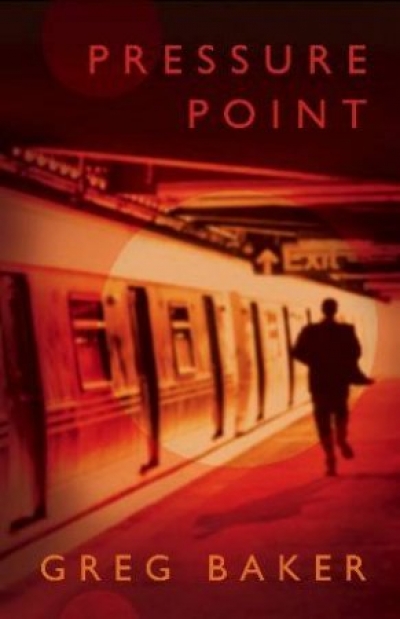Simon Caterson
Collecting Ladies: Ferdinand von Mueller and Women Botanical Artists by Penny Olsen
In describing the enduring cultural impact of The Spy Who Came in from the Cold – published fifty years ago and often nominated as the best spy novel ever written – a good place to start, strange though it may sound, is James Bond. John le Carré’s squalid yet subtle world of Cold War spies may appear antithetical to the glamorous fantasy of Bond. But it is clear from the last three Bond films, and especially the latest, Skyfall (2012), which of the two visions of espionage, Fleming’s or le Carré’s, is the more mature and compelling.
... (read more)Something About Mary by Emma Tom & Mary, Crown Princess of Denmark by Karin Palshøj and Gitte Redder (translated by Zanne Jappe Mallett)
Pressure Point by Greg Baker & The Millionaire Float by Kirsty Brooks
Reflections on Life, Love and Society by Chamfort (edited and translated by Douglas Parmée)
The Child of an Ancient People by Anouar Benmalek (translated by Andrew Riemer)
One of the phrases used by the Swedish Academy to describe J.M. Coetzee, winner of this year’s Nobel Prize in Literature, is ‘scrupulous doubter’. In his novels, memoirs, essays, lectures and academic criticism, Coetzee conveys the uncertainty and complexity of lived experience with extraordinary precision and, sometimes, with a clarity that is almost unbearable. Coetzee’s work is triumphant confirmation of the allegiance owed by literature to nothing except the truth of the human condition. His art succeeds despite, or rather because of, the fact that it is so alive to all the problems of form and content standing in its way. His prose communicates difficulty, dissonance and doubt without itself being any of these things.
In his Letters to a Young Novelist, Mario Vargas Llosa writes that ‘the defining characteristic of the literary vocation may be that those who possess it experience the exercise of their craft as its own best reward, much superior to anything they might gain from the fruits of their labours’. Coetzee himself has written that the ‘feel of writing fiction is one of freedom, of irresponsibility, or better, of responsibility toward something that has not emerged, that lies somewhere down the end of the road’.
... (read more)Bad art is where the personality of the artist reveals itself most fascinatingly, according to Lord Henry Wootton, the Wildean aesthete in The Picture of Dorian Gray. It is an idea that assumes an unexpected relevance as we reach the tenth anniversary of what is perhaps the strangest phenomenon in Australian publishing history.
... (read more)






